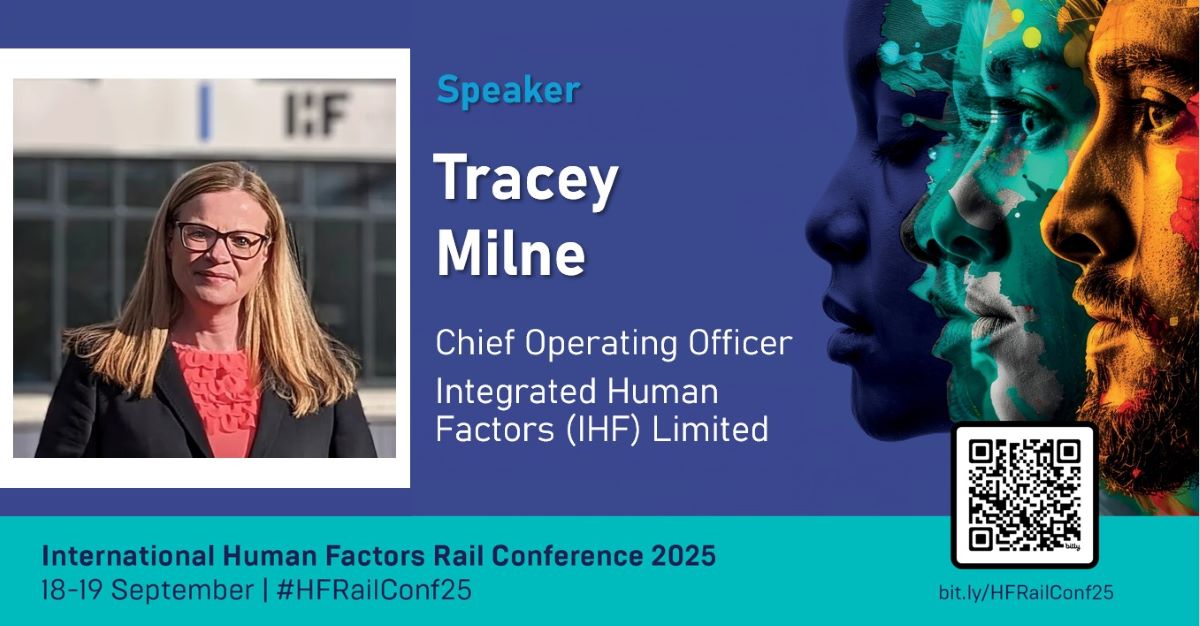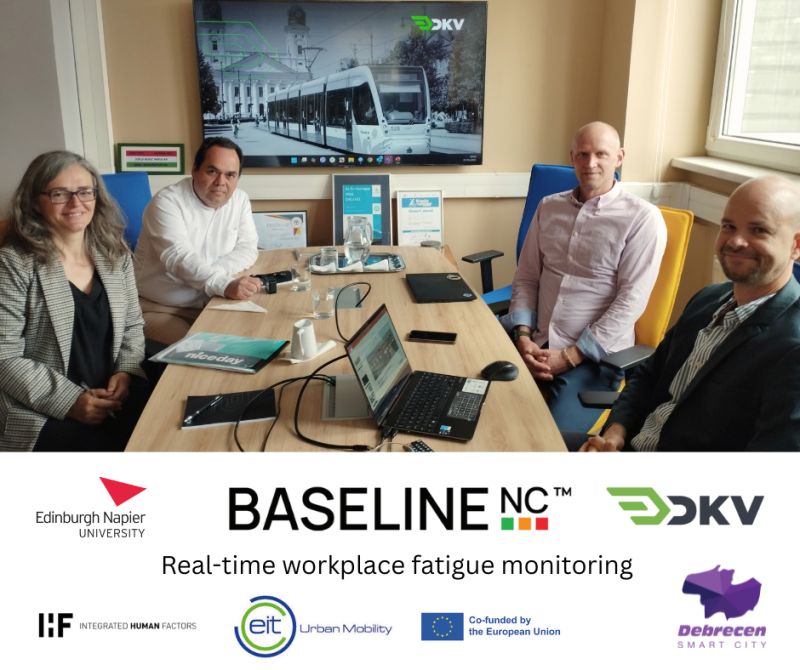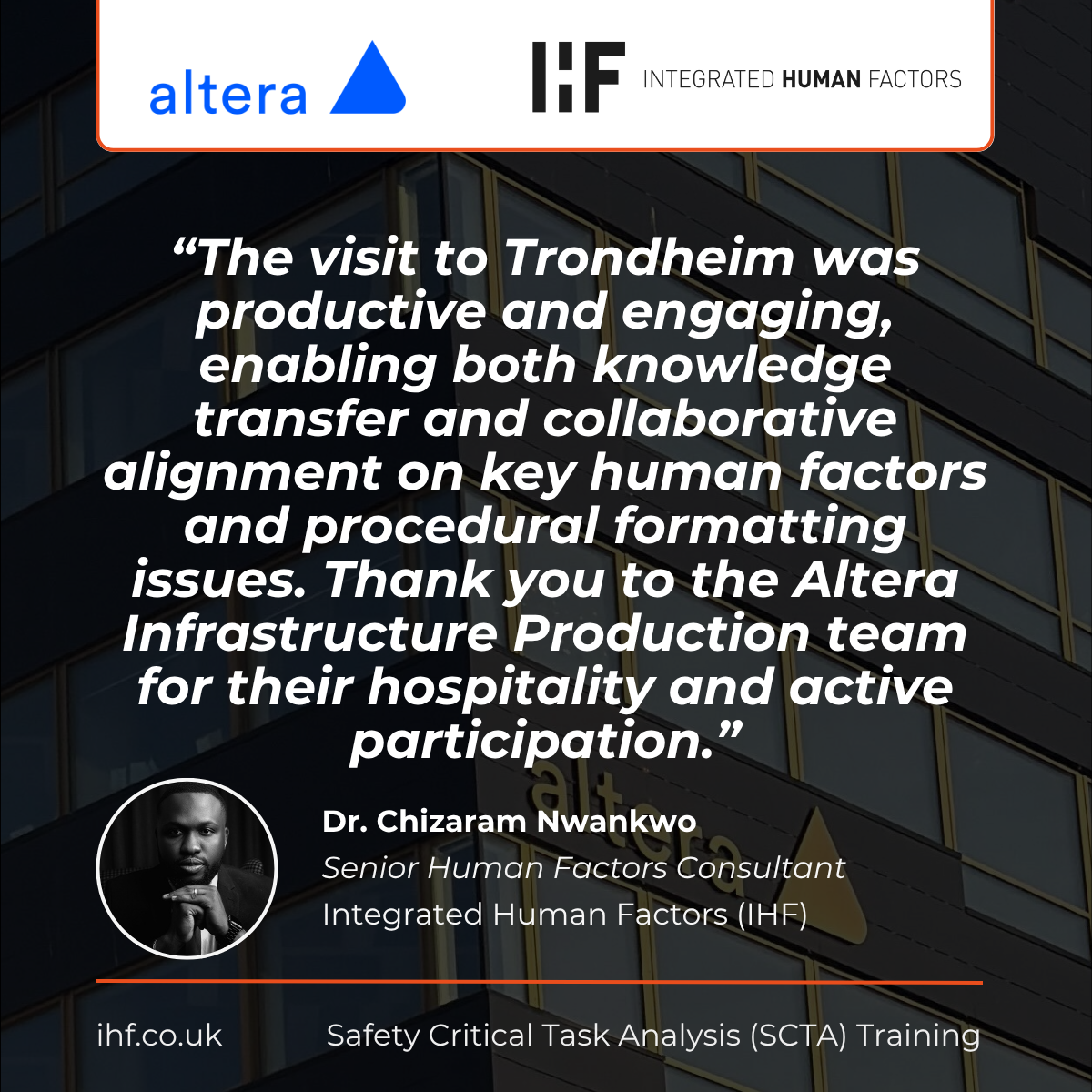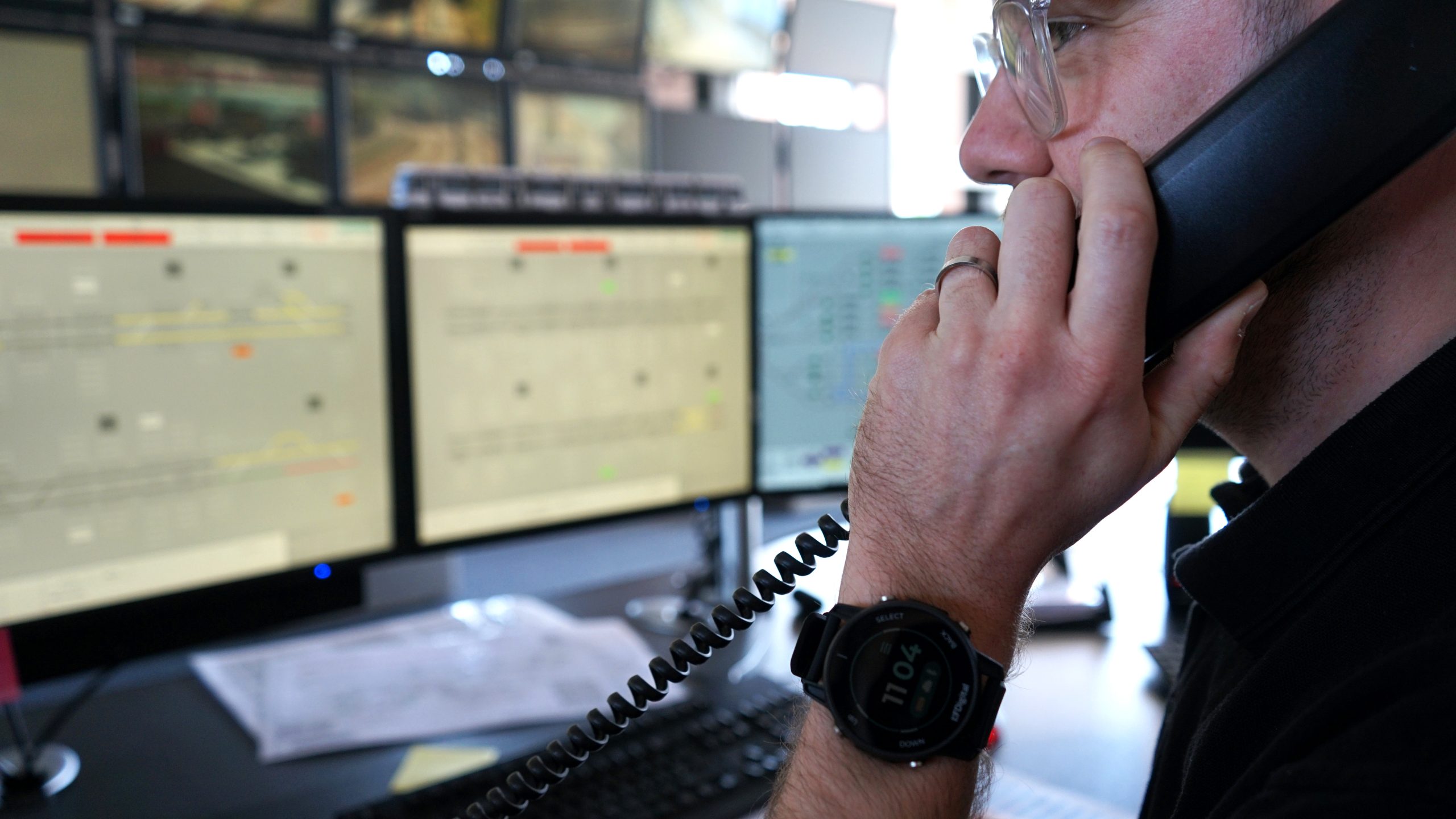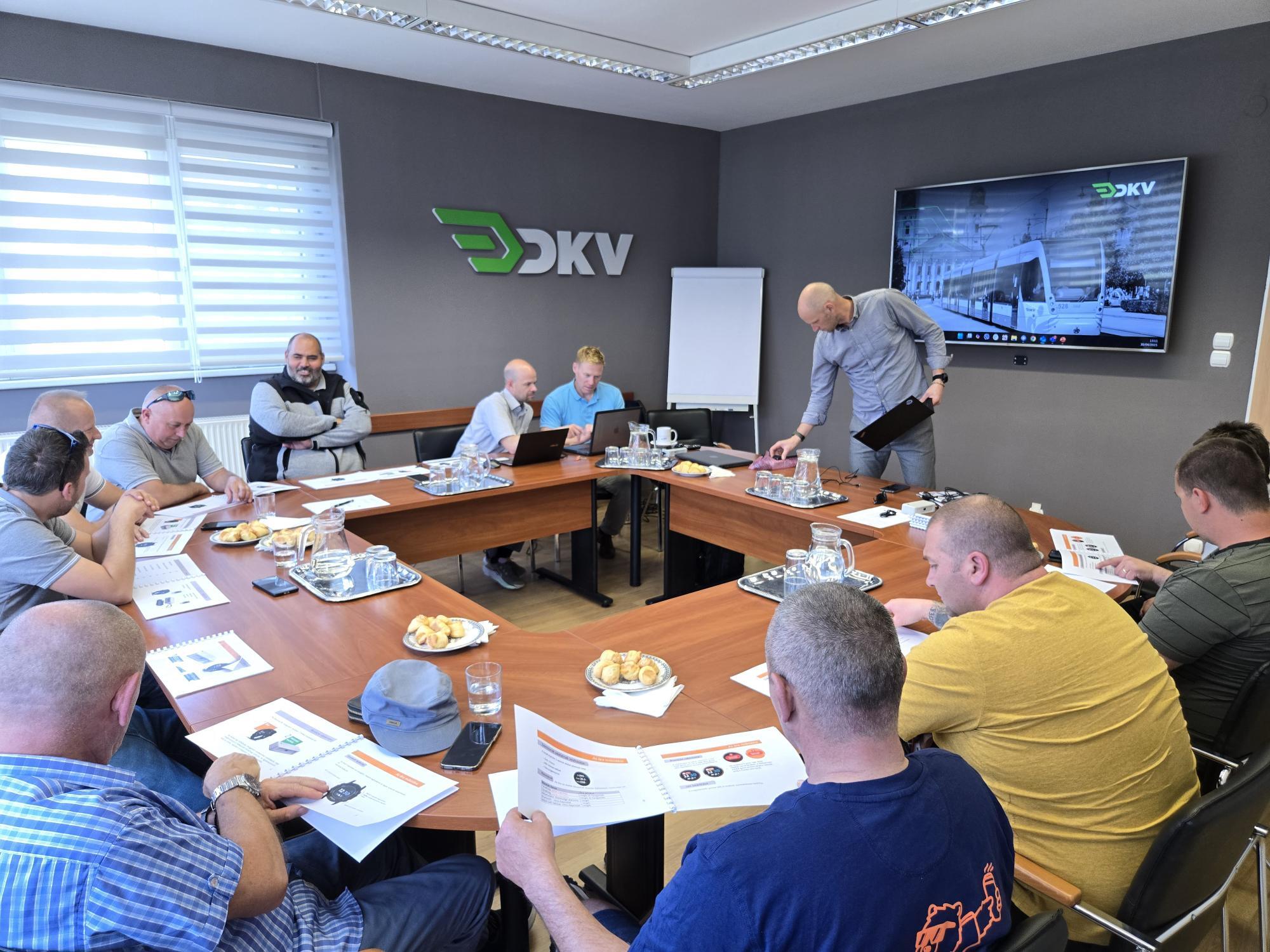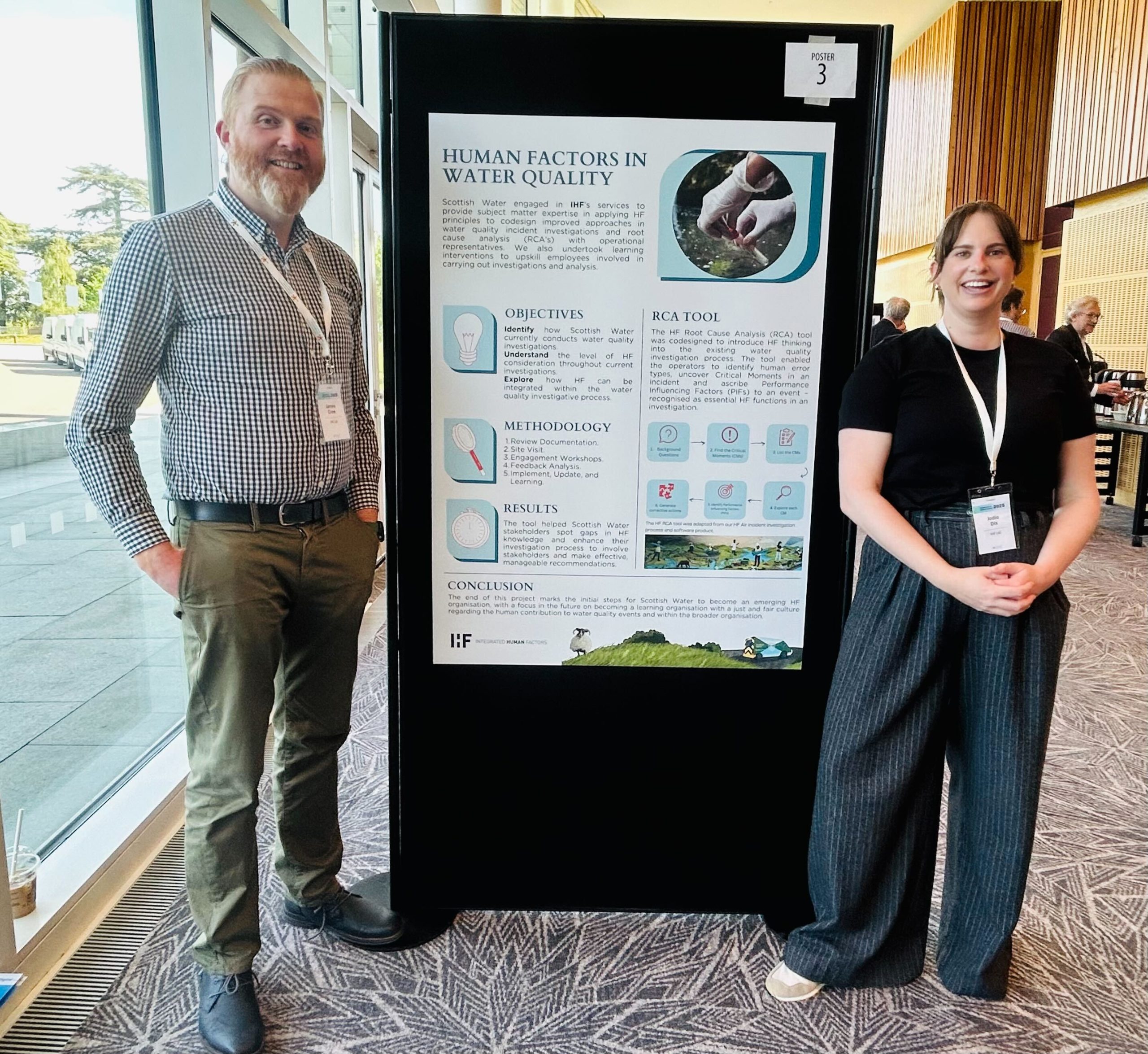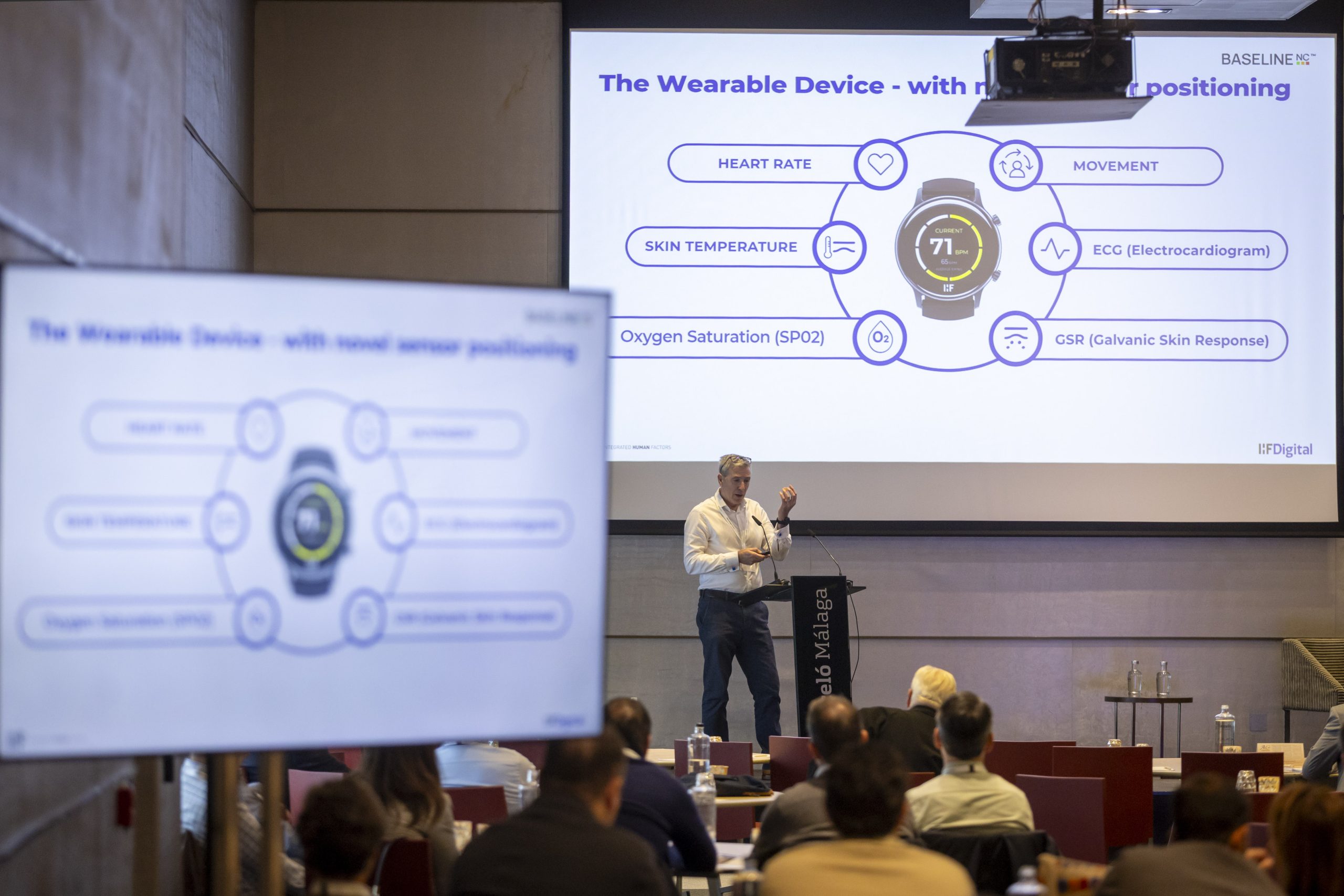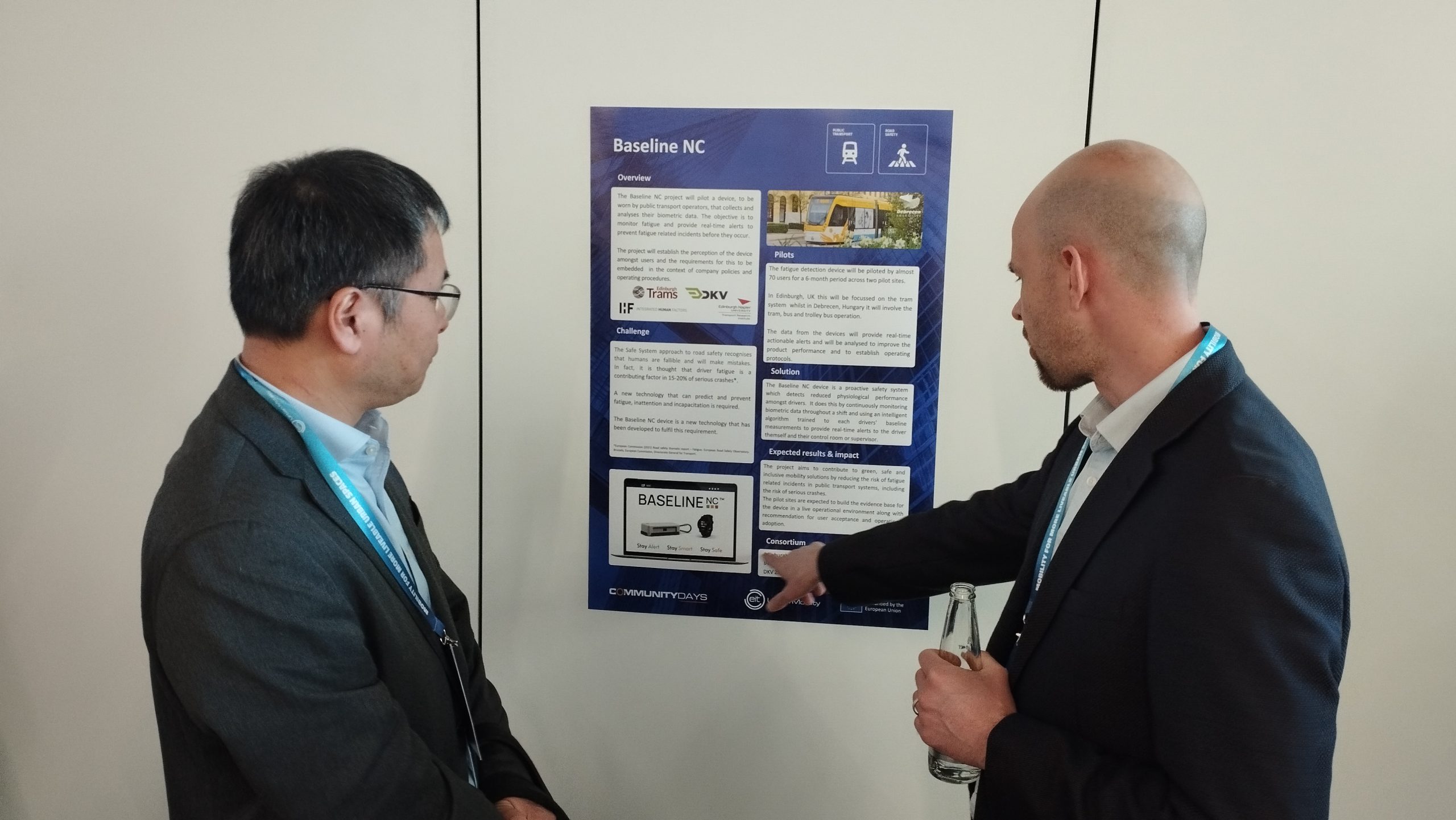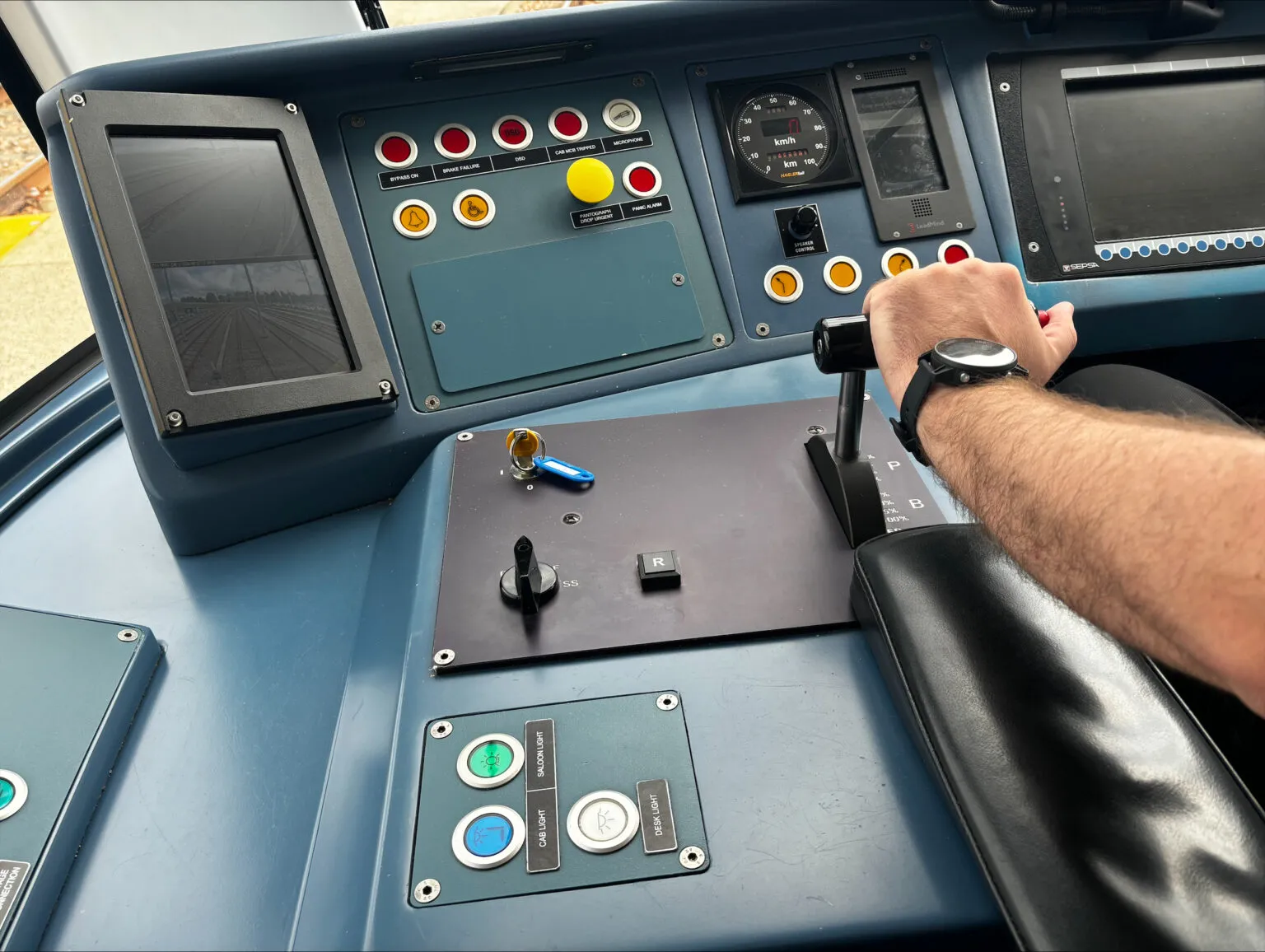September 2023
Ryan Donald is a Chartered Safety Professional (CMIOSH) and Human Factors Consultant (Chartership pending) with extensive experience in the management of safety in the subsea industry and experience in applying Human Factors methods in the offshore Oil & Gas industry. He has a master’s degree in Behaviour Change with a specialist pathway in Ergonomics and Human Factors.
How did you get into the Human Factors sector?
I used to be a Health and Safety Advisor in the diving industry and the organisation was keen on implementing behaviour-based safety approaches, focusing on intervention and safety conversations to increase occurrences of safe behaviours. Although this is important, I felt there was something missing from the approach. My first thought was “if we think behaviours cause incidents, then doesn’t it make sense to address the things influencing undesired behaviours”? Around about this time, a client was venturing into Human Factors and requested it be considered within our risk assessments. This was the spark that led me to pursuing a career in Human Factors, so I began studying. I soon realised it was a massively diverse discipline, one which considers the wider influences on behaviour and looks past “human error” to understand the true causes of incidents. Most importantly, Human Factors proactively evaluates influences on performance. I was, and still am, hooked so working at IHF gives me the chance to refine my skills further …
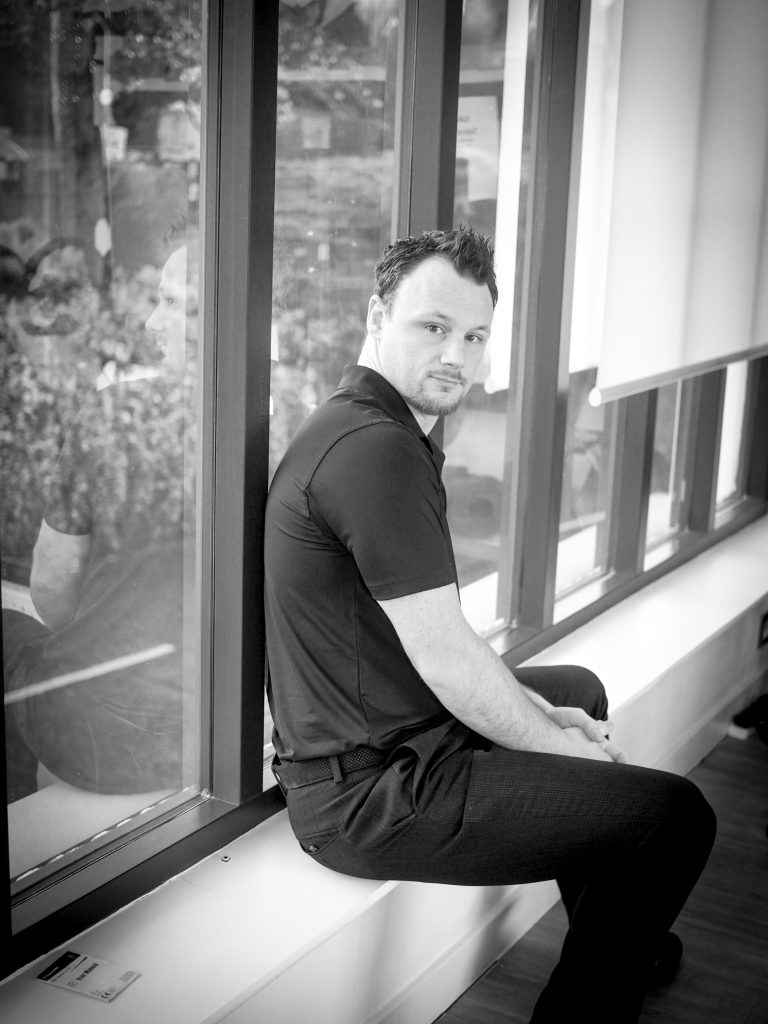
You mentioned the impact of the working environment on people. Can the working environment be that impactful?
Yes. In my opinion, the external working environment is one of the major influences on our behaviour. Take a competent person, add in a little work pressure and/or a poorly designed system, then you may have an increased the risk of error. When we think of a workplace we really enjoy being in, we may have high levels of intrinsic motivation. If we are challenged, developed and are left to our devices in terms of autonomy, then we may have stronger motivation. Take me for example, if I am micro-managed (with low autonomy), this effects my performance, especially my confidence and decision-making ability. This is an influence of my work environment and shows how the behaviour of others is an external influence on my own behaviour and subsequent performance.
What is your expertise and why do you like this part of your job?
I feel like I have a good understanding of what can influence us as people. I have a good understanding of cognitive process such as attention, decision making and memory in order to understand the influence of poor task / work environment design. I don’t think this is massively different from many Human Factors practitioners, but I pride myself in what I can bring to the role of a Human Factors Consultant. I really do feel in my element when doing human error analysis, really understanding a task and how it can influence the workforce psychologically as well as physically.
What do you like about working at IHF?
I really like the people, it sounds cliché, but they are a great bunch of people. Also, my role at IHF is very diverse. From safety critical task analysis, to applying research methods to explore experiences of the workforce to inform improvement initiatives. IHF have a wide client base across many industries so there is always something new to learn helping me enhance my skill set and knowledge.
What do you think is your biggest achievement in your work life?
I don’t really have one. I like to have rolling goals to keep me motivated. I tend to achieve a goal, pat myself on the back and move on to the next one. At risk of yet another cliché, I just want to be good at what I do and continue to develop.
What aspects of this field are the most difficult to deal with?
Challenges come from peoples understanding of the Human Factors discipline, which can be quite a significant barrier. For starters, the term Human Factors does make it seem to be about people, perhaps fuelling the misconception that Human Factors and human error or behaviour are one and the same. There is a lot to get your head around, so confusion or lack of understanding can easily be forgiven. There is a lot of complexity in Human Factors as many aspects feed into this term: cognitive ergonomics, physical ergonomics and organisational ergonomics to name three broad topics. There is a book by R.S. Bridger about human factors in investigation where he says, right from the outset, “Human Factors is not about people, it’s about the things that affect people”. I think that is a great summary of the discipline.
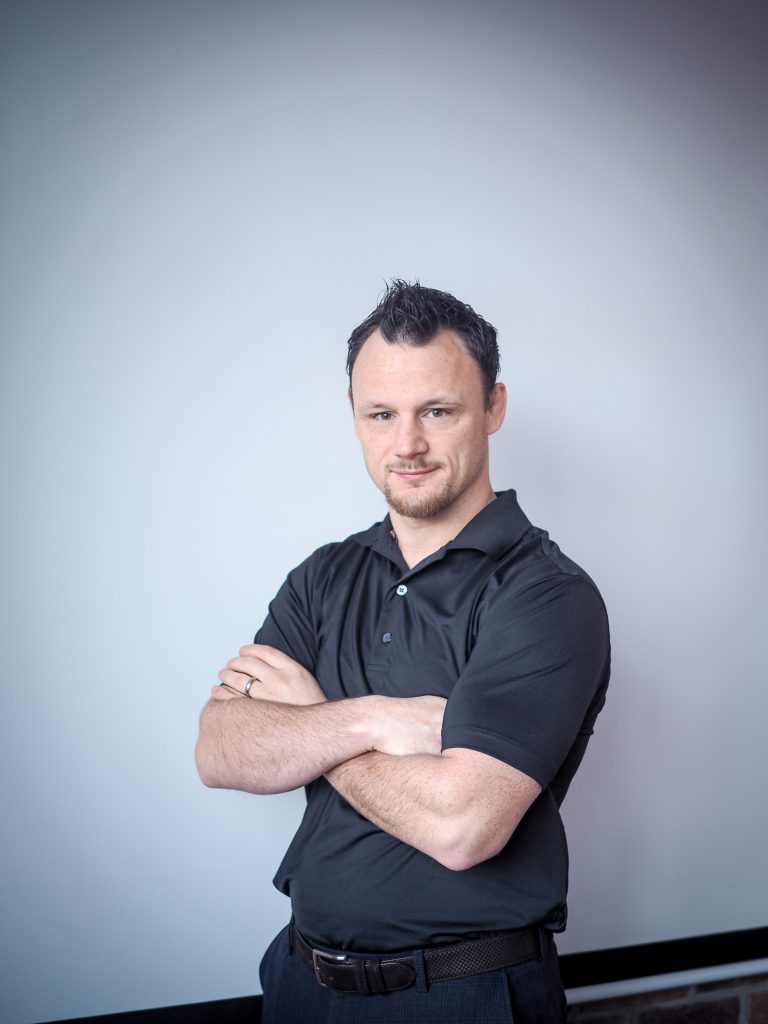
You are a lead investigator: which are the main aspects of an investigation that are less obvious in an undesired event?
When an incident occurs, it is very easy to identify the immediate cause, it is usually a behaviour. The obvious things are physical interactions, or the agent of harm, these are often the focus – i.e., changing signage, changing design etc… These are important, however, what we don’t do so well is explore the decision-making process, consider what that person thought to be true at the time and we don’t consider the influences of the social environment and behaviour of others and how this influences motivation or attitudes. This does take a shift in mindset, understanding the context from the perspective of those involved.
I won’t pretend that I always thought this way, it took some effort to understand it and change my own attitude. It is something I feel is vital to understand though. I mean if our number one asset is people, maybe we should understand what makes them tick. Just as we know the failure modes of a technical system and what to do if it were to deviate from the plan, we should know the same of people and reduce the risk of human failure. That can be done through effective investigations which consider humans and their limitations.
How do you manage to keep a healthy work balance?
I feel like a walking cliché here, but my family. I truly value family time. It is easy to get sucked into work, doing a few extra hours here and there is fine, but it’s important to have a work/life balance.
What are your recommendations to someone starting a career in Human Factors ?
Firstly, I would try and get a good understanding of human behaviour as well as the technical aspects associated with the industry you are working in. This would be true for those coming from a psychology background or an engineering one.
The Chartered Institute of Ergonomics and Human Factors (CIEHF) have their competence pathway. It sets you off on a journey which spans the Human Factors discipline and by listening to their Webinars and other events you will enhance your knowledge and skill set. I would encourage to join and attend as much as you can. They offer access to Ergonomics and Applied Ergonomics journals, allowing you an insight into recent research and advancements in the discipline. Also, their mentor program is fantastic. They set you up with a Chartered Ergonomics organisation who supports your Human factors journey. Speaking from experience, having a mentot is fantastic and has some great advice and he has supported me for nearly two years. His support has been invaluable.
Interview and pictures by Paola Usala

